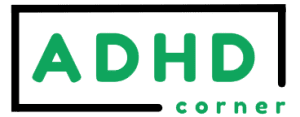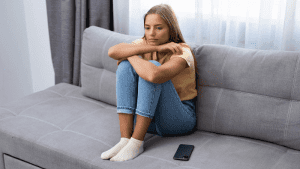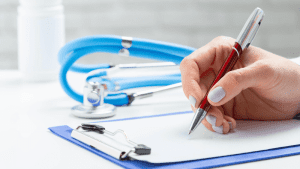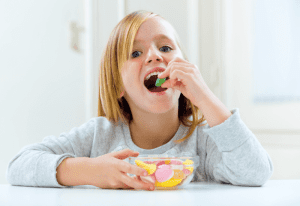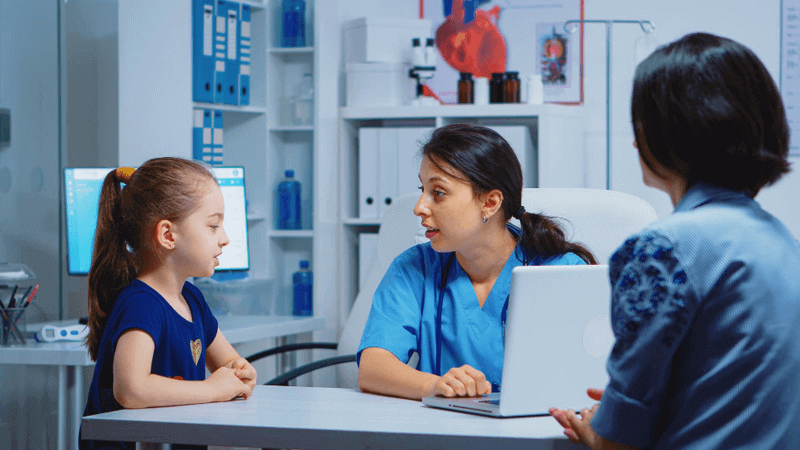
ADHD Treatment for Child
ADHD treatment for children typically involves a combination of medication and behavior therapy. Stimulants, such as methylphenidate or amphetamine, are the most common medications prescribed to treat ADHD in children. Non-stimulant medications may also be used if stimulants are not effective or if side effects occur.
Behavioral therapy helps teach children with ADHD how to better manage their symptoms and improve functioning at home and school through positive reinforcement, problem-solving strategies, and parent training. Other treatments may include social skills training, neurofeedback (a type of biofeedback that uses electrical stimulation), diet modifications, exercise routines, and relaxation techniques. A successful treatment plan tailored to meet the needs of each individual child in order to maximize effectiveness while minimizing any potential side effects from medications.
When it comes to treating ADHD in children, there are several options available. Medication used to help manage symptoms such as impulsivity and hyperactivity, while therapy and lifestyle changes can also be helpful. It is important that the treatment plan is tailored to each individual child’s needs, as every case of ADHD is unique.
Additionally, parents should seek support and education about their child’s condition. So they can better understand how best to provide them with the necessary tools for success.
How Do You Treat ADHD in a Child at Home?
ADHD, or Attention Deficit Hyperactivity Disorder, is a condition that managed with proper treatment. At home, there are several ways to help improve a child’s functioning and reduce symptoms of ADHD:
- Create a consistent routine: Children with ADHD often benefit from structure and predictability.
- Establishing routines for daily activities such as meals, bedtimes, and homework schedules can provide much-needed stability.
- Reduce distractions: Limiting distractions such as television and video games can help children focus better on their tasks. Developing quiet spaces for studying or reading may also be beneficial.
- Increase physical activity: Exercise shown to have positive benefits for those with ADHD by improving concentration and calming the mind. Encouraging outdoor playtime or enrolling your child in sports can help them stay active while managing their symptoms at home.
- Make time for family bonding: Spending quality time together strengthens relationships between parents and children. Which helps promote healthy emotional development in kids with ADHD who may struggle socially due to their disorder.
What are 3 Treatment Options for Child With ADHD?
ADHD is a neurological disorder commonly found in children and adolescents. Treatment options for this condition include:
- Timulant medication: Used to reduce hyperactivity, impulsivity, and improve attention span.
- Cognitive behavioral therapy (CBT): A type of talk therapy that helps the child understand their behaviors better.
- Parental training: Involves teaching parents how to manage difficult behaviors in their child.
These treatments can help improve symptoms associated with ADHD. Such as difficulty focusing, problems with organization and planning, poor impulse control, and forgetfulness.
Adopting a combination of these treatments may be most beneficial for children struggling with ADHD.
What are the Top 3 Treatments for ADHD?
The three most common treatments for Attention-Deficit Hyperactivity Disorder (ADHD) are:
- Medication – Stimulant drugs can help reduce symptoms of hyperactivity, impulsivity, and inattention.
- Behavioral Therapy – Techniques such as positive reinforcement, goal setting, and rewards can support children to manage their behavior.
- Parent Training – Parents learn strategies to encourage proper behavior and develop skills for managing ADHD symptoms at home.
These treatments used together for the best results in managing ADHD symptoms. Professional medical guidance is necessary when selecting a treatment plan that works best for each individual child or adult with ADHD.
What are the 4 Ways ADHD Treated?
ADHD managed through a variety of treatments, including:
- Stimulant Medications – These are often used to improve focus and concentration.
- Non-Stimulant Medications – These are sometimes prescribed if stimulants aren’t effective or cause side effects.
- Cognitive Behavioral Therapy (CBT) – This type of therapy helps individuals manage their emotions and behaviors.
- Education & Support – Through education and support, affected individuals and families can learn ways to cope with ADHD symptoms.
All four approaches work best when combined in an individualized treatment plan tailored to each person’s needs.
How to Treat ADHD Child at Home
Treating an ADHD child at home can be a challenge, but there are several strategies that parents and caregivers can use to help manage their child’s impulsivity and hyperactivity. These strategies include providing structure in the form of routines and schedules, encouraging positive behaviors through rewards or praise, limiting distractions from electronics or other activities during homework or meal times, breaking down tasks into smaller steps to make them easier for the child to complete, using calming techniques such as deep breathing exercises when needed, reducing stress levels by avoiding too many changes in routine or environment, setting clear expectations with consequences for inappropriate behavior and involving the child in family activities.
Non Medication Treatment for ADHD Child
Non-medication treatments for ADHD children can be extremely effective and include psychosocial interventions such as behavioral therapy, cognitive behavioral therapy (CBT), family therapy, social skills training, parent education, and support groups. These therapies focus on developing strategies to help the child with organization, time management, and problem-solving techniques. Additionally, lifestyle changes such as regular exercise routines, proper nutrition, and sleep habits may also improve a child’s symptoms of ADHD.
What is the Most Effective Treatment for ADHD
The most effective treatment for ADHD is a combination of medication and psychotherapy. Medication helps to reduce the symptoms of hyperactivity, impulsivity, and inattention while psychotherapy focuses on improving behavior, social skills, self-esteem, communication skills, and problem-solving strategies. Different medications are available to treat the different types of ADHD symptoms; therefore it is important to work with your doctor to determine which type of medication will be best for you or your child’s individual needs.
Treatment Plan for ADHD Child Example
An example of a treatment plan for an ADHD child might include medication to control hyperactivity and impulsivity, as well as behavioral therapy to help the child learn appropriate social skills and academic strategies. The therapist may also recommend specific parenting strategies such as positive reinforcement, setting clear expectations, and providing consistent consequences for inappropriate behavior. Additionally, lifestyle modifications such as establishing a regular sleep schedule or incorporating physical activity into daily routines may be beneficial in helping the child manage their symptoms of ADHD.
Over the Counter Meds for ADHD Child
Over-the-counter medications for ADHD can provide relief for children and adults alike. These include herbal remedies such as ginkgo biloba, zinc, omega-3 fatty acids, magnesium, and other vitamins and minerals. Additionally, natural supplements like melatonin may be beneficial in helping to improve focus and concentration levels in those with attention deficit hyperactivity disorder (ADHD).
While these treatments are not FDA-approved or regulated, they can still provide a helpful boost when it comes to managing ADHD symptoms.
Behavioral Therapy for ADHD
Behavioral therapy is a type of psychotherapy that helps people with ADHD reduce their symptoms and develop skills to manage them. Through this approach, individuals learn how to recognize and modify problematic behaviors through positive reinforcement, setting priorities, problem-solving, impulse control training and other techniques. Behavioral therapy shown to be an effective treatment for ADHD in both children and adults when combined with medication.
ADHD Medication for 5 Year-Old
ADHD medication can be beneficial for some 5-year-olds, but it should only be considered after a thorough evaluation by a mental health professional. It’s important to note that there is no single type of ADHD medication suitable for every child and the decision should always be based on the individual’s needs and preferences. Additionally, behavioral therapy has been proven to be just as effective as medications in treating ADHD symptoms in children under 6 years old.
